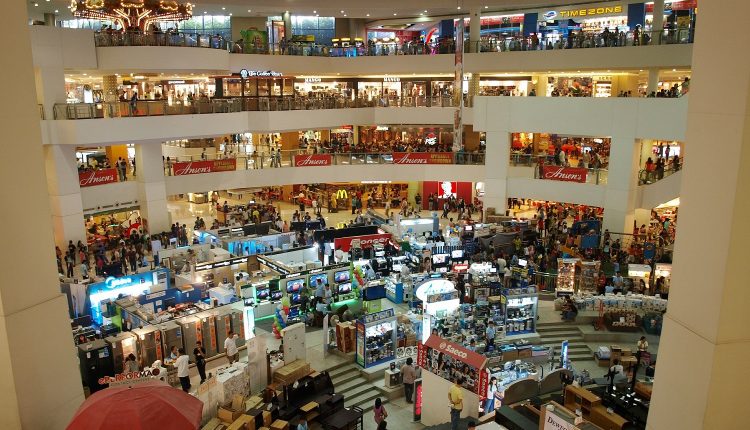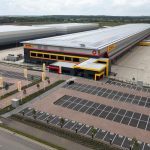UAE to lead retail sales growth by 2023, according to Euromonitor International
Retail sales across four Gulf countries (Kuwait, Oman, Saudi Arabia and the UAE) are projected to increase by more than $24 billion over the next five years, with the UAE expected to lead this trend with an estimated growth rate of 16%, according to Euromonitor International.
Not only that, the same study indicates that the retail industry in the UAE is currently worth $55 billion and is forecast to steadily rise to $63.8 billion by 2023.
According to Alain Kaddoum, general manager, Swisslog Middle East, this is having a marked impact on the back-end operations of retailers and their logistics partners in four key ways.
Robotics: While automated picking and packing has been around for a while now, the next wave of change is being brought about by robotics. A warehouse that deploys robots reduces costs significantly while boosting efficiency.
Focus on Supply Chain Visibility and Orchestration: Increasingly businesses in the Middle East are focusing on better visibility of supply chains. This is only natural, given that the Middle East is a retail-strong economy. Greater visibility will mean an improved ability to orchestrate the supply chain for efficiency, service and lower costs.
Smart Last Mile Fulfillment: Last mile fulfillment is always a big expense for companies. Therefore, there is a clear need to look for efficient and economic solutions. It is becoming increasingly popular in the Middle East to use telematics and route planning software to achieve smart last mile fulfilment.
Blockchain & Smart Contracts: Blockchain and smart contracts are very popular in the financial services industry. While it is still a relatively new concept in warehousing and logistics, the current trend indicates that this will be a way of life in the future. Blockchain enables ‘smart contracts’, which is the ideal solution for quality issues, late payments, and delivery disputes etc. that are daily issues for logistics companies.
“These trends are driving customers to focus more and more on intelligent automation using flexible and scalable technologies that deliver the dual benefits of performance as well as the ability to adapt to changes in supply,” says Kaddoum. “This allows retailers to better cover seasonal peaks such as White Friday and the holiday season.”
The flexible and modular technologies and software in Swisslog’s Retail & E-Commerce portfolio are specifically designed to meet these dynamic needs of retail, e-commerce and multichannel logistics. “Retailers can increase the speed of order fulfillment, improve order accuracy and effectively manage an ever-increasing number of SKUs with Swisslog’s automated systems for e-commerce,” Kaddoum explains. “Order fulfillment rates can be up to five times faster than manual systems.”
Modern warehouse automation and software systems must rise to today’s retail challenges then, as customers are looking for solutions ranging from world-class automated storage and retrieval systems to goods-to-person automation and advanced robotics.
“Swisslog’s automation solutions for retail range from the latest goods-to-person technologies such as CarryPick to dynamic storage and retrieval systems such as the CycloneCarrier and AutoStore solutions, integrated with advanced robotics as well as its next generation picking technology for retail and e-commerce, operating at up to 1,000 picks an hour,” says Kaddoum.














